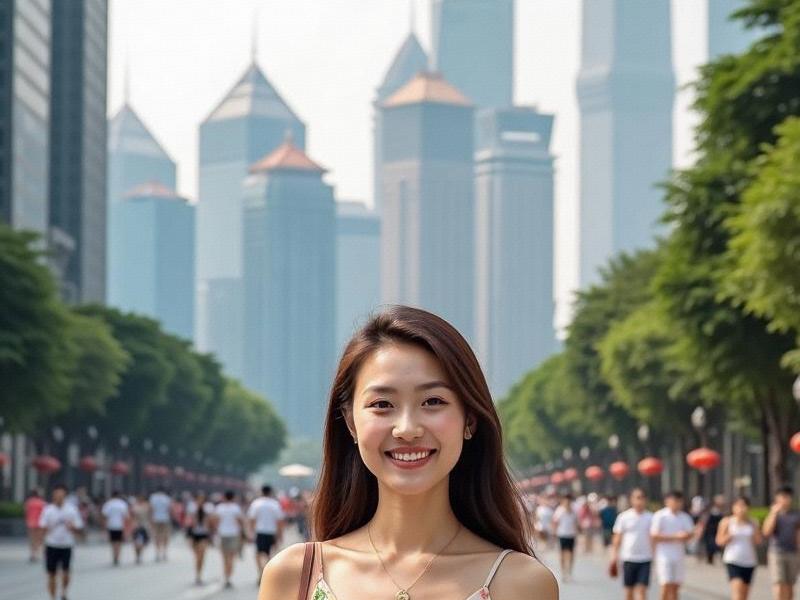This investigative report examines how Shanghai's entertainment clubs have transformed from traditional KTV venues into sophisticated social spaces that blend technology, culture, and luxury, setting new standards for urban nightlife in Asia.

[Article Content]
Behind the laser-etched bronze doors of "Elysium Shanghai" in the Jing'an District, a revolution in nightlife hospitality unfolds. Patrons don augmented reality glasses that instantly translate conversations between Mandarin, English, and six other languages - just one example of how Shanghai's entertainment clubs have become global trendsetters by 2025. What began as simple karaoke rooms and dance clubs have evolved into multidimensional social ecosystems that now attract international attention.
"Shanghai's club scene has developed its own distinctive DNA," observes Markus Weber, former creative director of Berlin's Berghain club, now consulting for Shanghai venues. "It combines Chinese hospitality traditions with cutting-edge technology and theatrical storytelling." The transformation is measurable:
- Annual revenue for premium clubs reached ¥28.7 billion ($4 billion) in 2024
上海龙凤419社区 - 62% of international visitors include club experiences in their Shanghai itineraries
- The city now hosts 19 clubs featured in World's Best Nightlife guides
The Huangpu District's "Golden Crescent" exemplifies this evolution. Along a 1.2-kilometer stretch of the Bund's backstreets, twelve concept-driven clubs operate in converted historical buildings, each offering radically different experiences. "Cloud Nine" features floating platforms with aerial performers, while "Neon Scholar" recreates 1920s literary salons with live translation debates.
上海花千坊龙凤 Technology integration sets Shanghai apart. At "Quantum," biometric wristbands adjust lighting, music tempo and even cocktail ingredients based on guests' real-time stress levels measured through skin conductivity. "We're creating emotionally intelligent nightlife," explains tech director Liu Yan. The club's AI host system remembers individual preferences across multiple visits, from favored seat locations to allergy restrictions.
Cultural preservation plays a surprising role. "The Great Gatsby Club" has partnered with Shanghai Museum to display digital projections of Song Dynasty artifacts that "come alive" during performances. Meanwhile, "Jade Dragon" offers modern interpretations of traditional tea ceremonies paired with molecular mixology.
The economic impact extends beyond entertainment. Premium clubs have become networking hubs where 73% of members report making valuable business connections. "More startup deals happen in our VIP lounges than in corporate incubators," notes "Mandarin Circle" owner Zhang Wei.
上海水磨外卖工作室
However, challenges persist. Rising operational costs have forced 17% of clubs to adopt dynamic pricing models, while new regulations require transparent financial reporting. "The key is creating value beyond alcohol sales," says hospitality professor Chen Li at Tongji University. "Successful clubs now offer education, wellness and cultural programming."
As midnight approaches at "Aurora," the club's signature "liquid light" cocktails glow brighter while holographic performers reinterpret Peking opera for the digital age. In Shanghai's competitive nightlife landscape, such boundary-pushing experiences have become the new normal - proof that in this restless city, even entertainment constantly reinvents itself.